Tuesday, November 3rd
| 10:30 a.m.-12:30 p.m. | “Astronomy: from an Urban Setting to Outer Space Platforms,” Nick Liepins [Don Gallagher], Ford 122
Combined with computer technology, the CCD has revolutionized astronomical imaging during the past 20 years. Nick will explain how they work and show examples of beautiful celestial objects photographed from his observatory and others captured by the Hubble Space Telescope. He will also talk about robotic spacecraft equipped with this technology which has changed our understanding of the universe. Nick Liepins is retired and is therefore able to pursue his passion as a full time astronomer. His professional career included 30 years at Willamette University where he taught Computer Science and was the first programmer and administrator in their computer center. He received a Master of Science degree in mathematics at Oregon State in 1968 specializing in Imaginary Number Theory and Turing Machine Theory. He has been an active amateur astronomer since his high school days when he built his first observatory. |
| 1:30 – 2:30 p.m. | "Evolution A Dance Concert," Willamette Theater [Deborah Ehlers], Pelton Theatre
|
| 2:30 – 3:30 p.m. | "The Story of Human Language Video Series: Language Starts Over—Creoles I," Prof. John McWhorter [Jinx Brandt], Ford 122
|
Thursday, November 5th
| 10:30 a.m.-12:30 p.m. | "Governor Oswald West: Lessons in Leadership," Alison Kelley [Joyce Zook], Ford 122 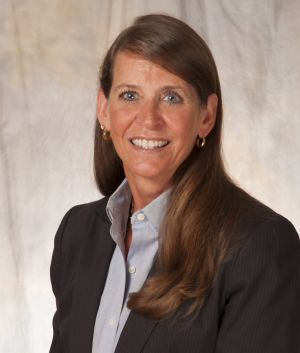
Oswald West was Governor of Oregon from 1911-1915. This was a critical period in Oregon's history in which the young state was struggling to establish basic infrastructure while at the same time wrestling with core idealogical conflicts that played out in the public policy arena. This session will explore how early experiences in his life shaped Governor West's pragmatic and creative approaches to some of the well-known public policy issues. The session will include a discussion of lessons that might be drawn from his leadership that could apply to today's challenging political environment. This session will be led by Alison S. Kelley, a great-granddaughter of Governor West. Ms. Kelley is an attorney, mediator, and currently serves as the Chief Executive Officer of Liberty House in Salem, Oregon. Ms. Kelley has over 15 years of experience in public policy dispute resolution. In reponse to a request from the class, Ms. Kelley has graciously provided a letter from her great-grandfather, written in his declining years. To read it please click here. |
| 1:30 – 2:30 p.m. | "How to Listen to and Understand Great Music, Video Lecture: 19th-Century Italian Opera -- Guiseppe Verdi," Dr. Robert Greenberg [Solveig Holmquist], Ford 122
|
| 2:30 – 3:30 p.m. | "Giuseppe Verdi - Master of Operatic Ensemble Composition," Derek Stables [Solveig Holmquist], Ford 122 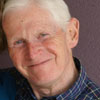 Most musicologists, apart from diehard Wagnerites, regard Giuseppe Verdi as the leading composer of the 19C. Verdi moved away from the vocal gymnastics of Bel Canto opera towards greater emphasis on dramatic line, an enhanced role for the orchestra, and composition for ensembles, particularly for the chorus. This presentation will illustrate duets, quartets, and choruses from six of Verdi's operas. Most musicologists, apart from diehard Wagnerites, regard Giuseppe Verdi as the leading composer of the 19C. Verdi moved away from the vocal gymnastics of Bel Canto opera towards greater emphasis on dramatic line, an enhanced role for the orchestra, and composition for ensembles, particularly for the chorus. This presentation will illustrate duets, quartets, and choruses from six of Verdi's operas. |
Tuesday, November 10th
| 10:30 a.m.-12:30 p.m. | "Colors of Istanbul, Santorini, Athens!" James Southworth [], Ford 122 (Upcoming Show at Bush Barn 2015)
Why do I use pastels? The thick luxuriant colors, the expressive marks, and the textural feel of the pastel sticks suit me well. Though by definition I am self-taught, I find great inspiration in Cézanne’s use of visual space, Wolf Kahn’s evocation of light and color, Josef Alber’s abstractions, and Johannis Itten’s color theory. Most important, I am the father of three grown children and happily married to Jean for over 29 years. Why Italy? After spending five weeks traveling Italy, the ancient cities spoke to me-- places so vibrant with history and life. In each work I try to express the colors, textures and curvature of this amazing land. So many contrasts. The blue skies and seas contrast with the gritty stone work; the myriad of colors of the glass works; the hues at dusk; the graceful archways and domes everywhere we looked. I hope you enjoy the show. |
| 1:30 – 3:30 p.m. | Art Pot-Pourri [Sharon Wright], Ford 122 ICL members will share their favorite art subjects. Presenting are: Phil Caudill, Roger Budke, Bill Foster, Wayne Wallace, before the break, and Deanna White, Grant Hagestedt, and Peter Ronai after the break. |
Thursday, November 12th
| All Day | ICL Field Trip [Meredith and Mike Gilbert] Itinerary: 9:00a.m. Load bus at Mission Mill Parking Lot 9:15-- 10:00-
This will be a bus and visual inspection of the intake silting/filtering ponds and volume controls. (time proven methods used since ~1870). Then a stroll through the chemical and contamination testing building. Tour ends with an inspection of the automated system of adding chlorine and fluoride in safe and efficacious concentrations from huge reinforced containers. The Water Quality section of the City of Salem Public Works Department is charged with ensuring that the highest quality water is being delivered to over 177,000 customers in the Salem area. Constant monitoring at the City's treatment facility and daily routine testing of the water at various sites throughout the distribution system helps ensure that a clean and safe product is being delivered to customers and that all federal and state regulations are met. The North Santiam River watershed provides Salem's drinking water. A watershed is the area of land within which all the rainfall and snowmelt reach a common body of water - a stream, river, lake, wetland, or aquifer. The reason we talk about a watershed, and not just the river, is that the way land is used in the watershed affects the quality and quantity of water it produces. Salem's watershed covers more than 490,000 acres of land stretching from the Cascade Mountain peaks of Mt. Jefferson and Three-Fingered Jack to the City's water intake above Stayton. Approximately 80 percent of the land in the watershed is owned and managed by the United States Forest Service, Bureau of Land Management, and the Oregon Department of Forestry. 2700 EAST SANTIAM STREET 11:40AM SHORT BUS TRAVEL TO LUNCH 11:40am -
20146 FERRY RD. SE 1 pm- 1:30pm-
This tour will be hosted by Kyle Freres, Vice President of Freres Lumber. He will review the history of this successful business in Oregon's Timber Industry. Then there will be an opportunity to view the mechanics of their modern milling in action. Kyle will answer questions and discuss as needed. Thank-you Kyle 141 14TH ST.LYONS, OR. 97358 3:00pm- |
Tuesday, November 17th
| 10:30 a.m.-12:30 p.m. | "Great Decisions: Privacy in the Digital Age," [Joan Robinson], Ford 122
Joan Robinson will be coordinating this presentation with additional class members. |
| 1:30 – 3:30 p.m. | “Autumn Comes to the Family Farm,” Evelynn Smith, Ford 122
|
Thursday, November 19th
| 10:30 a.m.-12:30 p.m. | "What is ableism and what can we do about it?" Lorie Fontaine [Kay Gerard], Ford 122
Beyond the Americans with Disabilities Act: What is equal access to an education for students with disabilities at Willamette? Lorie Fontaine is the Director of Accessible Education Services (formerly Disability Services) at Willamette University. Her experience includes Community Integration Coordinator at the State School for the Blind,Vocational Rehabilitation counseling and consulting, a Guardian position for the ARC of Oregon, and Disability Services Accommodation Specialist at Chemeketa Community College. She is a native of Salem and has been educated at George Fox College, WOU, and Chemeketa Community College. She has a MS degree in Rehabilitation Education Counseling. Lorie is a member of the Student Success Hub at Willamette, primarily serving students with disabilities. She will update us on the laws governing her work, describe some of the broad diversity of student needs at Willamette, and discuss current trends in her field, as well as technology that can benefit anyone. If you have a smart phone or tablet, bring it and we will explore accessibility apps that may be helpful to all of you. |
| 1:30 – 3:30 p.m. | "2D Design Elements," Cynthia Herron [Sharon Wright], Ford 122
Cynthia was born in Ohio and lived in the southwest for twenty-five years before moving to the Pacific Northwest in 2004. She received her BFA in painting from Mount Allison University in Sackville, New Brunswick, Canada, and her MFA in painting from The University of the Arts in Philadelphia. In December of 2003, she presented a series of oil and wax paintings for her MFA thesis show at the Rosenwald-Wolf Gallery in Philadelphia. For thirteen years, she has taught painting and drawing at the university level and privately. Cynthia lives in Salem and her paintings and collages can be seen at Freed Gallery in Lincoln City, River Gallery in Independence and Bush Barn Art Center in Salem. Her paintings reflect an early interest in nature and atmospheric conditions since at the age of six she would watch thunderstorms from her backyard. She has painted landscapes in Alaska, New Mexico, Arizona, Eastern Canada and Oregon, often hiking for long stretches to take in nature's wild places. She wanders forest, field and coast, sketching land formations and recording colors and textures. Her mixed-media collages and encaustic paintings are then completed in the studio. These poetic and abstract landscapes convey a sense of atmosphere, color and light. |
Tuesday, November 24th
| 10:30 a.m.-12:30 p.m. | "Funding Transportation," Maureen Bock [Sally Schriver], Ford 122
Many states have passed fuel tax increases, while others are waiting to ride out the 2016 presidential election before they put an increase to the public. Oregon is getting ahead of the curve by introducing a user fee to replace fuel taxes. The state has partnered with private companies to manage customer accounts, recruit volunteers, and market the OReGO Program. Maureen was the business implementation manager during the project that developed the program; she is now the OReGO Program Manager. Maureen was formerly the Fuels Tax Manager for ODOT. |
| 1:30 – 2:30 p.m. | “A VISUAL GUIDE TO THE UNIVERSE” VIDEO LECTURE 4: VESTA AND THE ASTEROID BELT,” PROF. DAVID M. MEYER [PAUL RICE], , Ford 122
|
| 2:30–3:30 p.m. | "ICL Member Feedback: How Are We Doing?" [Mark Kasoff], Ford 122
|
Thursday, November 26th
THANKSGIVING, NO CLASSES |


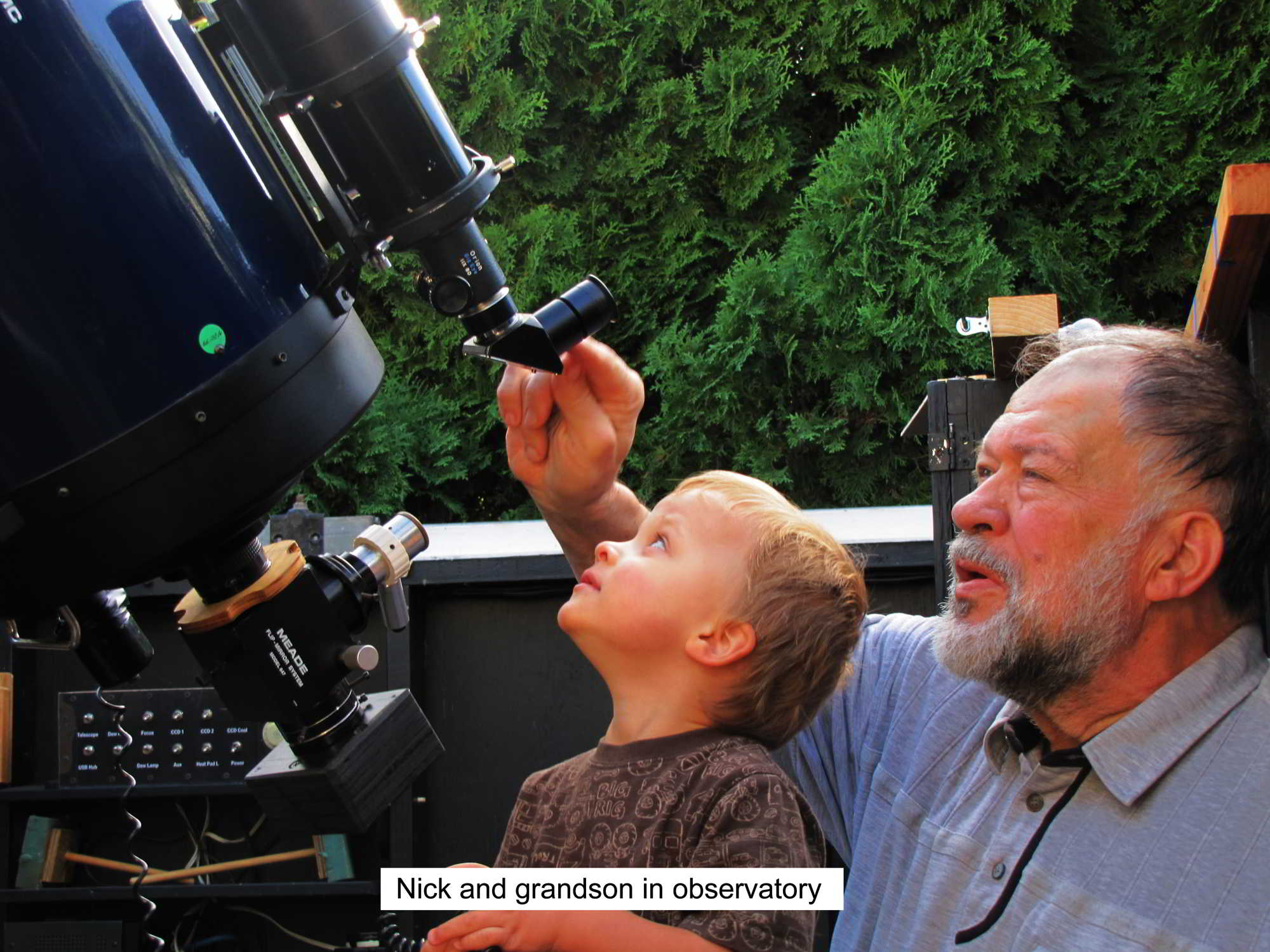 How often do you look at the night sky? Unless you live in the country, the answer is probably “not often.” Most urbanites are bedeviled by extensive light pollution that deprives us of this awe-inspiring spectacle. Nevertheless, astronomy has more followers than any other science such as physics, chemistry, etc. Nick Liepins, who lives a mile from the center of Salem, is one of the followers who has built a sophisticated astronomical observatory in his back yard. He will describe his imaging equipment, (CCD’s) which are extremely sensitive and have the ability to capture faint detail of celestial objects.
How often do you look at the night sky? Unless you live in the country, the answer is probably “not often.” Most urbanites are bedeviled by extensive light pollution that deprives us of this awe-inspiring spectacle. Nevertheless, astronomy has more followers than any other science such as physics, chemistry, etc. Nick Liepins, who lives a mile from the center of Salem, is one of the followers who has built a sophisticated astronomical observatory in his back yard. He will describe his imaging equipment, (CCD’s) which are extremely sensitive and have the ability to capture faint detail of celestial objects. A DANCE CONCERT
A DANCE CONCERT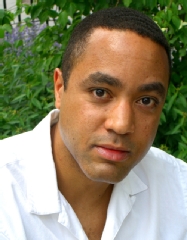 Only some new languages are truly new, having emerged when pidgin speakers came to use the pidgin as an everyday language. In these situations, people combine vocabulary from the language they are learning with grammar from this and their native languages, the result being a new hybrid rather than a dialect of the language that provides the words. These are creole languages and have emerged mostly amidst the slave trade and related activities. Jamaican patois, Haitian, and Cape Verdean are creoles, as is the Tok Pisin used in Papua New Guinea as a lingua franca among the hundreds of languages spoken there.
Only some new languages are truly new, having emerged when pidgin speakers came to use the pidgin as an everyday language. In these situations, people combine vocabulary from the language they are learning with grammar from this and their native languages, the result being a new hybrid rather than a dialect of the language that provides the words. These are creole languages and have emerged mostly amidst the slave trade and related activities. Jamaican patois, Haitian, and Cape Verdean are creoles, as is the Tok Pisin used in Papua New Guinea as a lingua franca among the hundreds of languages spoken there.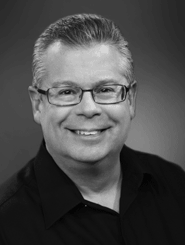 Guiseppe Verdi did not consciously set out to be an innovator, but his creative genius gradually transformed the conventions of the bel canto tradition that served as the basis for his early operatic endeavors. The essence of Verdi's mature style lay in his focus on dramatic continuity. He deemphasized the traditional divisions of aria, recitative, and ensemble in favor of the ongoing dramatic progress of the storyline, and he made characterization and psychological insight critical components of his operatic conception. His operas brought Italian opera to its greatest height.
Guiseppe Verdi did not consciously set out to be an innovator, but his creative genius gradually transformed the conventions of the bel canto tradition that served as the basis for his early operatic endeavors. The essence of Verdi's mature style lay in his focus on dramatic continuity. He deemphasized the traditional divisions of aria, recitative, and ensemble in favor of the ongoing dramatic progress of the storyline, and he made characterization and psychological insight critical components of his operatic conception. His operas brought Italian opera to its greatest height. 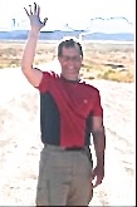 Art Biography:
Art Biography: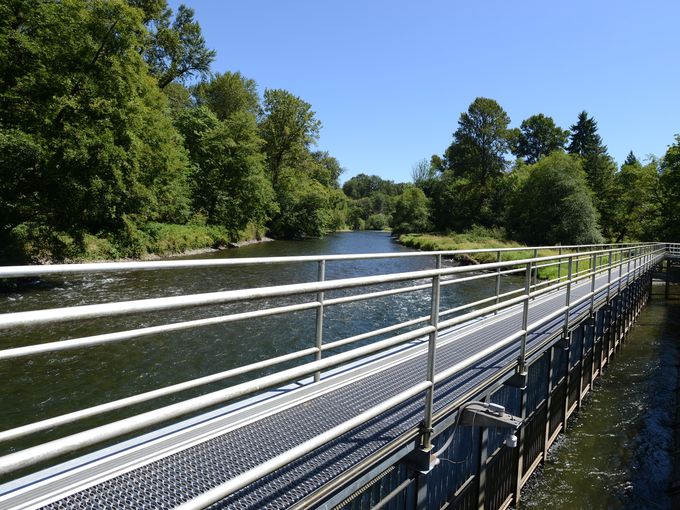
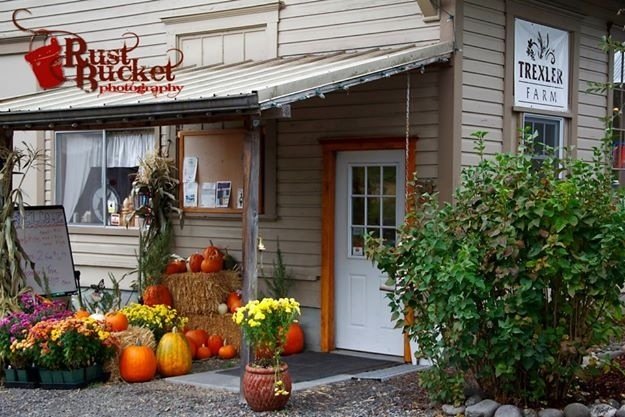
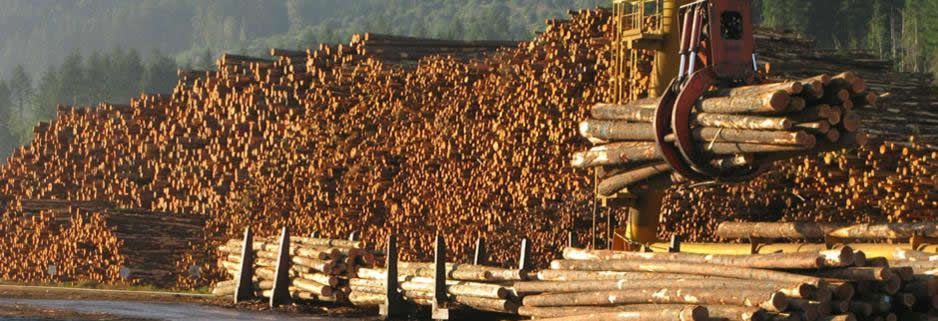
 The idea of "privacy" has undergone significant changes in the digital age, as has the idea of privacy "harm". Fearful of British spying, the founding fathers granted citizens significant protections in the Constitution. Now, the tables have turned; Concerns about what some see as a U.S. "dragnet" and unwarranted privacy intrusions have compelled other countries to revamp their own privacy protections. Legislation, both at home and abroad, hasn't kept pace with technological developments, leaving some wondering if privacy as we know it is long dead.
The idea of "privacy" has undergone significant changes in the digital age, as has the idea of privacy "harm". Fearful of British spying, the founding fathers granted citizens significant protections in the Constitution. Now, the tables have turned; Concerns about what some see as a U.S. "dragnet" and unwarranted privacy intrusions have compelled other countries to revamp their own privacy protections. Legislation, both at home and abroad, hasn't kept pace with technological developments, leaving some wondering if privacy as we know it is long dead.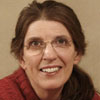 ICL member and photographer, Evelynn Smith, will take us on a journey tracing the evolution of American family farmers and their barns from the early settlers to the present. Both are in transition. The traditional family farms and their wonderful, often charming, handcrafted barns, are disappearing. The presentation will cover some of the issues facing small family farmers, and what the future may hold both for them and for the wonderful barns that their families built. The program will be enhanced with music and with ICL members’ photographs depicting their own families’ farming histories.
ICL member and photographer, Evelynn Smith, will take us on a journey tracing the evolution of American family farmers and their barns from the early settlers to the present. Both are in transition. The traditional family farms and their wonderful, often charming, handcrafted barns, are disappearing. The presentation will cover some of the issues facing small family farmers, and what the future may hold both for them and for the wonderful barns that their families built. The program will be enhanced with music and with ICL members’ photographs depicting their own families’ farming histories. 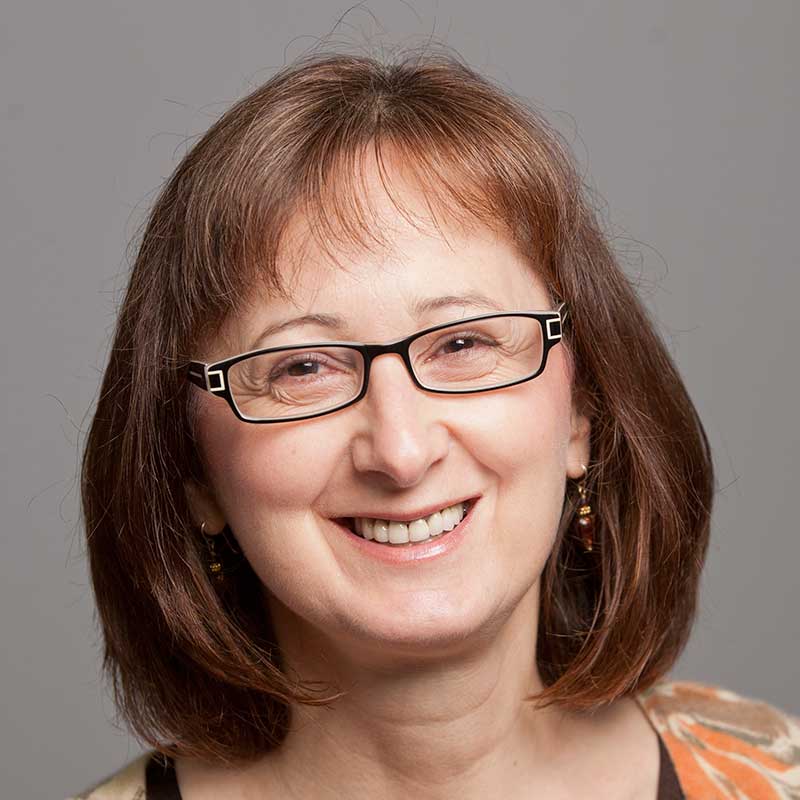
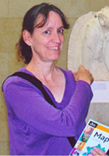 Instructor in Drawing, Understanding Art and Design
Instructor in Drawing, Understanding Art and Design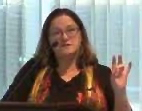 Oregon is working on a groundbreaking new way to fund transportation improvements – it’s based on a user-pays system rather than a traditional gas tax. Oregon has studied and tested similar pilot programs over the past 12 years and is the first state in the nation to launch a payment system based on miles driven. This new program is an attempt to address the challenges related to transportation funding on the state and national level.
Oregon is working on a groundbreaking new way to fund transportation improvements – it’s based on a user-pays system rather than a traditional gas tax. Oregon has studied and tested similar pilot programs over the past 12 years and is the first state in the nation to launch a payment system based on miles driven. This new program is an attempt to address the challenges related to transportation funding on the state and national level.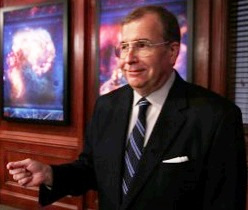 Between Mars and the gas giant Jupiter are millions of rocky objects that make up the asteroid belt, which consists of material dating back to the formation of the solar system 4.6 billion years ago. Due to the strong gravitational influence of Jupiter, the asteroids were unable to aggregate into a planet. In 2007, NASA launched the Dawn space probe to explore the two most massive asteroids, Ceres and Vesta. Its images of Vesta have revealed a heavily cratered object with a metal-rich core that is structured much more like a planet than just a big rock. It may well be the last of the large building blocks that merged in the early solar system to form the Earth and the other rocky planets.
Between Mars and the gas giant Jupiter are millions of rocky objects that make up the asteroid belt, which consists of material dating back to the formation of the solar system 4.6 billion years ago. Due to the strong gravitational influence of Jupiter, the asteroids were unable to aggregate into a planet. In 2007, NASA launched the Dawn space probe to explore the two most massive asteroids, Ceres and Vesta. Its images of Vesta have revealed a heavily cratered object with a metal-rich core that is structured much more like a planet than just a big rock. It may well be the last of the large building blocks that merged in the early solar system to form the Earth and the other rocky planets.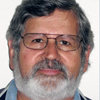 At the ICL Retreat last January the importance of occasional self evaluation, feedback was noted. So, how are we doing this semester? And how are you doing, as an ICL member? For new members, how are you settling in and are we getting your questions answered? Join us for a lively discussion of these questions and others, led by Mark Kasoff.
At the ICL Retreat last January the importance of occasional self evaluation, feedback was noted. So, how are we doing this semester? And how are you doing, as an ICL member? For new members, how are you settling in and are we getting your questions answered? Join us for a lively discussion of these questions and others, led by Mark Kasoff.